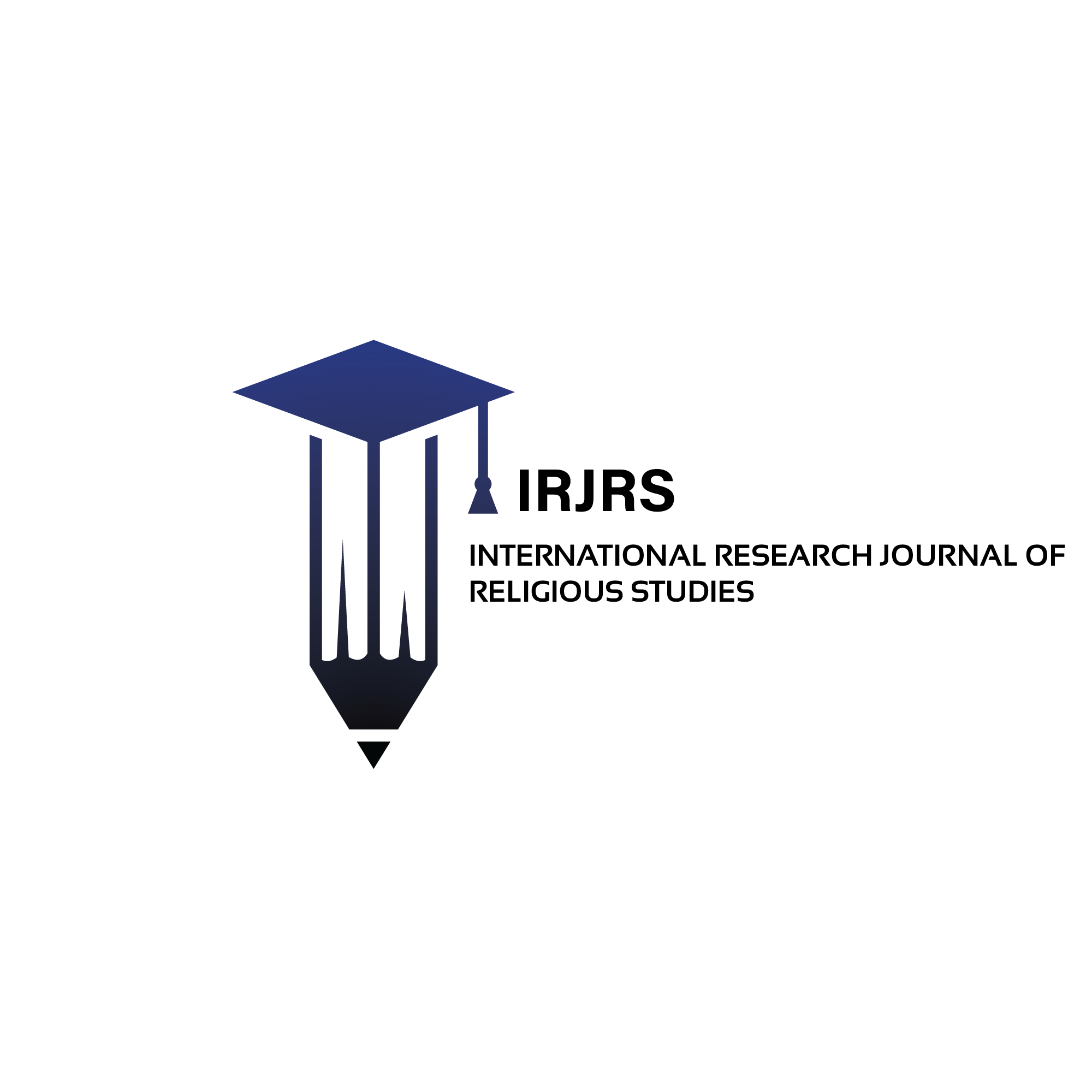WOMEN'S ORDINATION IN THE PROPAGATION:A RESEARCH STUDY IN THE CONTEXT OF SEMITIC RELIGIONS
Keywords:
Islam, Prophecy, propagation, Semitic religions, theological, papal, Episcopal, Ordination, Jewish, Christian, conservatives, Catholic Church, Protestant, Muslim Ummah.Abstract
Religious scholars, rabbis, priests, monks, mystics, kings and generals participated in the preaching and Spread out of Judaism, Christianity and Islam but the Prophecy is the key source of the propagation of the Semitic religions. A large number of Women followed and supported their religious founders and thus they played an important role in the spread of religions in every age. The question mark of their regular and front foot involvement in the above sources is a contemporary issue and there is a debate on the justification of Women's Ordination in the West. One side maintains that the Women's Ordination in the Church was existed twelve centuries ago as it can be seen in theological, papal and episcopal documents of the time. According to them the rites for above ordinations have survived, while the other absolutely denies it. The literally definition of Ordination tells us that women were ordained into several ministries. In the early age of Christianity, ordination was known a ceremony or process by which one was moved to any new ordo i.e ministry in the community. Jewish and Christian conservatives have never been in favor of it and the Catholic Church has never legitimized it, while the Protestant denominations regulate it and appoint the women on religious positions. It has always been permissible for a female imam to lead the prayers of Muslim women. The liberal class in the Muslim Ummah, intimidated by the West, is raising this issue. A large majority of Muslim scholars are not in favor of women leading in such a way that men and women line up behind a woman in prayer.







